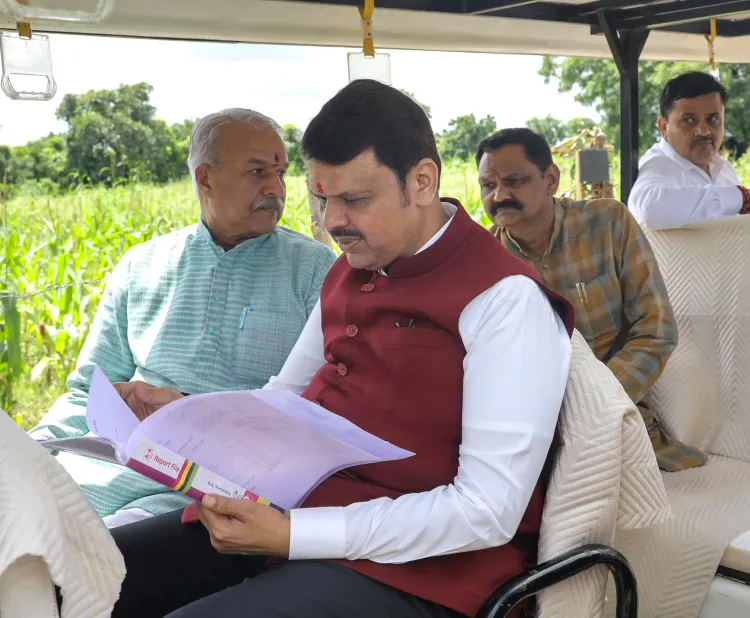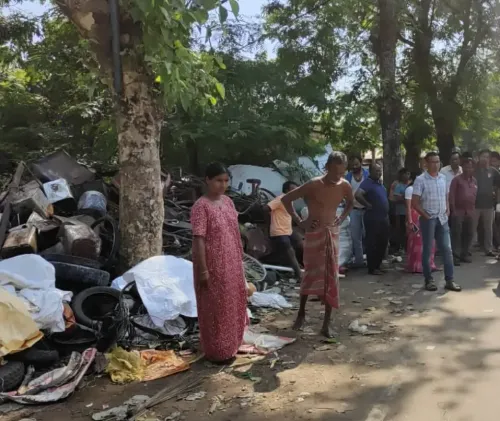How is the Maha government promoting self-redevelopment of cooperative housing societies?

Synopsis
Key Takeaways
- Maharashtra government forms Self Redevelopment Authority.
- BJP legislator Praveen Darekar appointed as chairman.
- Eligibility criteria include buildings aged 30 years or more.
- Members receive 10% additional carpet area as an incentive.
- One-window system to streamline redevelopment clearances.
Mumbai, Sep 29 (NationPress) To accelerate the process of self-redevelopment within cooperative housing societies, the Maharashtra government has formed a Self Redevelopment Authority and appointed BJP legislator Praveen Darekar as its chairman, granting him the status of a cabinet minister.
This initiative follows the recommendations made by the Darekar-led committee, which presented its report to Chief Minister Devendra Fadnavis on July 14, outlining various strategies to support self-redevelopment in cooperative societies across the state. The newly established Authority is tasked with executing the findings of the Darekar Committee.
The housing department has circulated a government resolution concerning the Authority's formation and Darekar's appointment.
The committee's report emphasizes critical recommendations, including establishing eligibility criteria for self-development, implementing a one-window system for all necessary clearances, enhancing the floor space index (FSI), providing concessions on transferable development rights (TDR), premiums, Goods and Services Tax, Land Under Construction Tax, interest on loans, and facilitating the redevelopment of properties situated next to narrow roads.
Cooperative housing societies registered under the Maharashtra Cooperative Societies Act, 1960, and the Maharashtra Flat Ownership Act will qualify for self/group redevelopment.
Furthermore, the committee has advocated for ongoing credit support for self-redevelopment and the creation of an independent state mechanism to ensure institutional assistance and guidance for promoting self-development. It has suggested that slum rehabilitation projects can also be completed through a development process, alongside recommendations for redeveloping both cess and non-cess buildings.
The committee has also initiated actions to secure conveyance for housing societies, recommending measures to eliminate obstacles in obtaining conveyance, thereby allowing housing societies to achieve deemed conveyance expeditiously.
According to the committee, the criteria for self-redevelopment/group self-redevelopment should be updated, allowing buildings aged 30 years or older to qualify. The commencement date for property shall be determined by the earlier of the possession certificate receipt or the first property tax payment date.
Members of registered cooperative housing societies pursuing self-redevelopment of their existing buildings will receive a benefit of 10 percent additional carpet area on their current area, including balcony space, as an incentive. This additional area will be granted without any premium and will exceed the permissible FSI, not transferable to anyone aside from the member.
To convert the additional carpet area into built-up space, members will need to add 10 percent to the same area. This regulation applies only when current members of the societies are set to be re-accommodated in self-redeveloped structures, as per the committee's stipulations.









